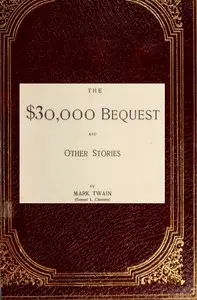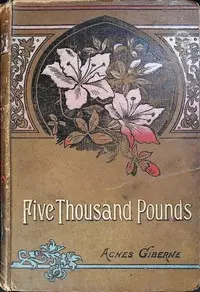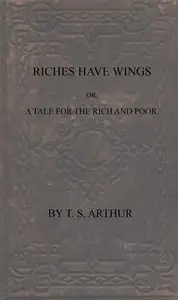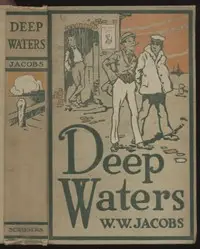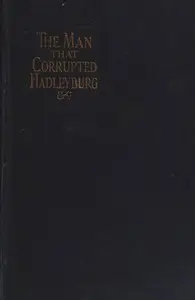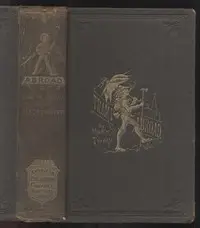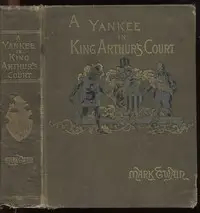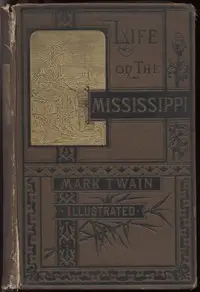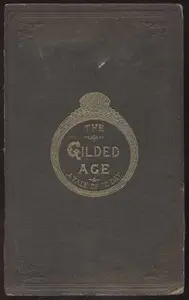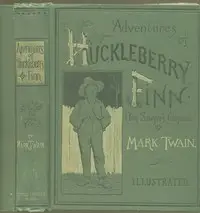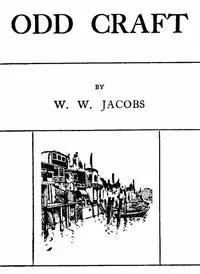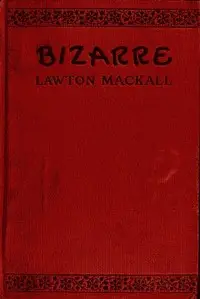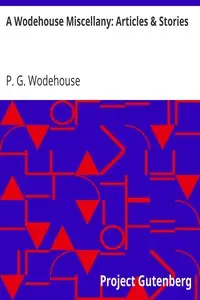"The £1,000,000 Bank-Note" by Mark Twain is a compilation of short stories that tells of an American clerk, who unexpectedly receives a million-pound bank-note, and finds himself shipwrecked in London. Penniless and skeptical, the main character uses the wealth to explore topics such as reputation and class. The story follows his journey through London society, showing how the mere perception of wealth shapes interactions and reveals insights into the nature of worth, social status, wealth, and human nature. This leads to a series of humorous but thoughtful adventures, colored with satire and highlighting the contrasts between the rich and poor.
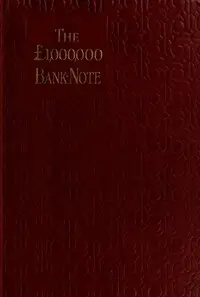
The £1,000,000 bank-note, and other new stories
By Mark Twain
A penniless man's life turns upside down when possessing a million-pound note opens doors to a world of wealth, social status, and absurd encounters.
Summary
About the AuthorSamuel Langhorne Clemens, known by the pen name Mark Twain, was an American writer, humorist, and essayist. He was praised as the "greatest humorist the United States has produced," with William Faulkner calling him "the father of American literature." Twain's novels include The Adventures of Tom Sawyer (1876) and its sequel, Adventures of Huckleberry Finn (1884), with the latter often called the "Great American Novel." He also wrote A Connecticut Yankee in King Arthur's Court (1889) and Pudd'nhead Wilson (1894) and cowrote The Gilded Age: A Tale of Today (1873) with Charles Dudley Warner.
Samuel Langhorne Clemens, known by the pen name Mark Twain, was an American writer, humorist, and essayist. He was praised as the "greatest humorist the United States has produced," with William Faulkner calling him "the father of American literature." Twain's novels include The Adventures of Tom Sawyer (1876) and its sequel, Adventures of Huckleberry Finn (1884), with the latter often called the "Great American Novel." He also wrote A Connecticut Yankee in King Arthur's Court (1889) and Pudd'nhead Wilson (1894) and cowrote The Gilded Age: A Tale of Today (1873) with Charles Dudley Warner.

